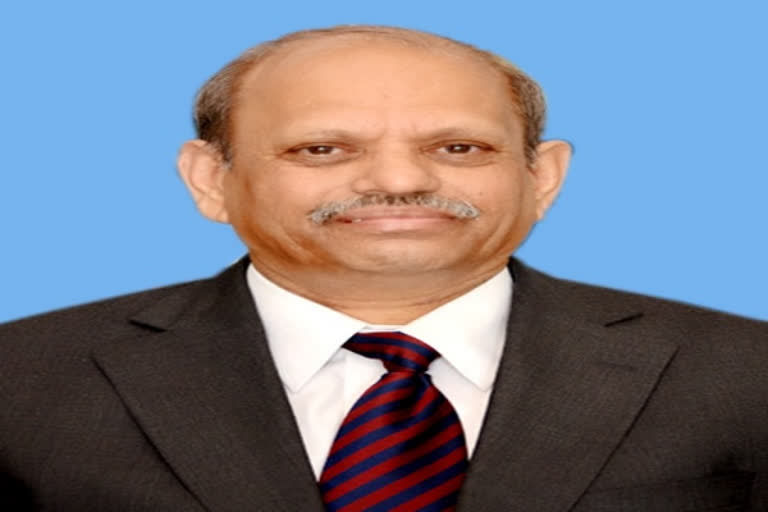Bengaluru: At a time when India wants to play a key role in the global supply chain by making her industries competitive, the tariff hikes announced in the Union Budget 2021-22 hampers the growth of domestic industries and proves to be a retrograde step, says M Govinda Rao, Member of the Fourteenth Finance Commission.
“Due to high tariff walls, the industry is going to be happy in the short term as it has better protection. But you are actually taking the industry back to 1991 period,” he added.
He further argued that tariff hikes do more harm than good as it makes industries non-competitive.
“When the reforms were initiated, there was a bipartisan view that we should progressively reduce tariffs so that our industry becomes competitive. It has taken back seat now,” he observed.
Presenting her third Budget, the Union Finance Minister Nirmala Sitharaman Monday increased import duties on a range of items including automobile components, gems and jewellery, plastics, chemicals, cotton, etc.
The Finance Minister defended the new tariffs saying that it will give a boost to domestic manufacturing.
Usage of cess route by the Central Government
On being asked whether the growing number of cesses, which includes the latest Agri infra cess, is hampering the finances of State governments, Govinda Rao, said: “Central Government has started using cess mechanism in a big way. When the fourteenth finance commission gave 42 per cent of the divisible pool of taxes to States, two things were done. One, Centre started raising a significant amount of money through cess and surcharges. Second, the matching contribution of states in central sponsored schemes has gone up.”
“Irrespective of the party in power, this has been the game the Central Government has been playing throughout,” laments Govinda Rao, who was also a member of the Economic Advisory Council to the Prime Minister.
Also read: We have made realistic estimate of our tax collection: Finance Secretary
To recall, the Budget 2021-22 has proposed Agri infrastructure development cess (AIDC) on a range of items including apples, gold, silver, alcoholic beverages, petrol and diesel.
These cess collections would go into a dedicated fund called Agriculture Infrastructure Fund and the proceeds would be made available to APMCs for augmenting their infrastructure capabilities.
As per the Budget documents, while the cess is to the tune of Rs 2.5 per litre and Rs 4 per litre on petrol and diesel respectively, apples attract 35 per cent cess, peas attract up to 50 per cent cess and most significantly, a 100 per cent cess was imposed on alcoholic beverages.
Meanwhile, allying concerns over hike in consumer prices on account of AIDC, the Finance Minister maintained that the cess won’t affect the final prices as the government has reduced existing duty rates on these items to nullify additional burden.
However, experts point out that the government is trying to convert the tax component into a cess component and it will affect States as proceeds from cess are not a part of the divisible pool of revenues between the Centre and states.



